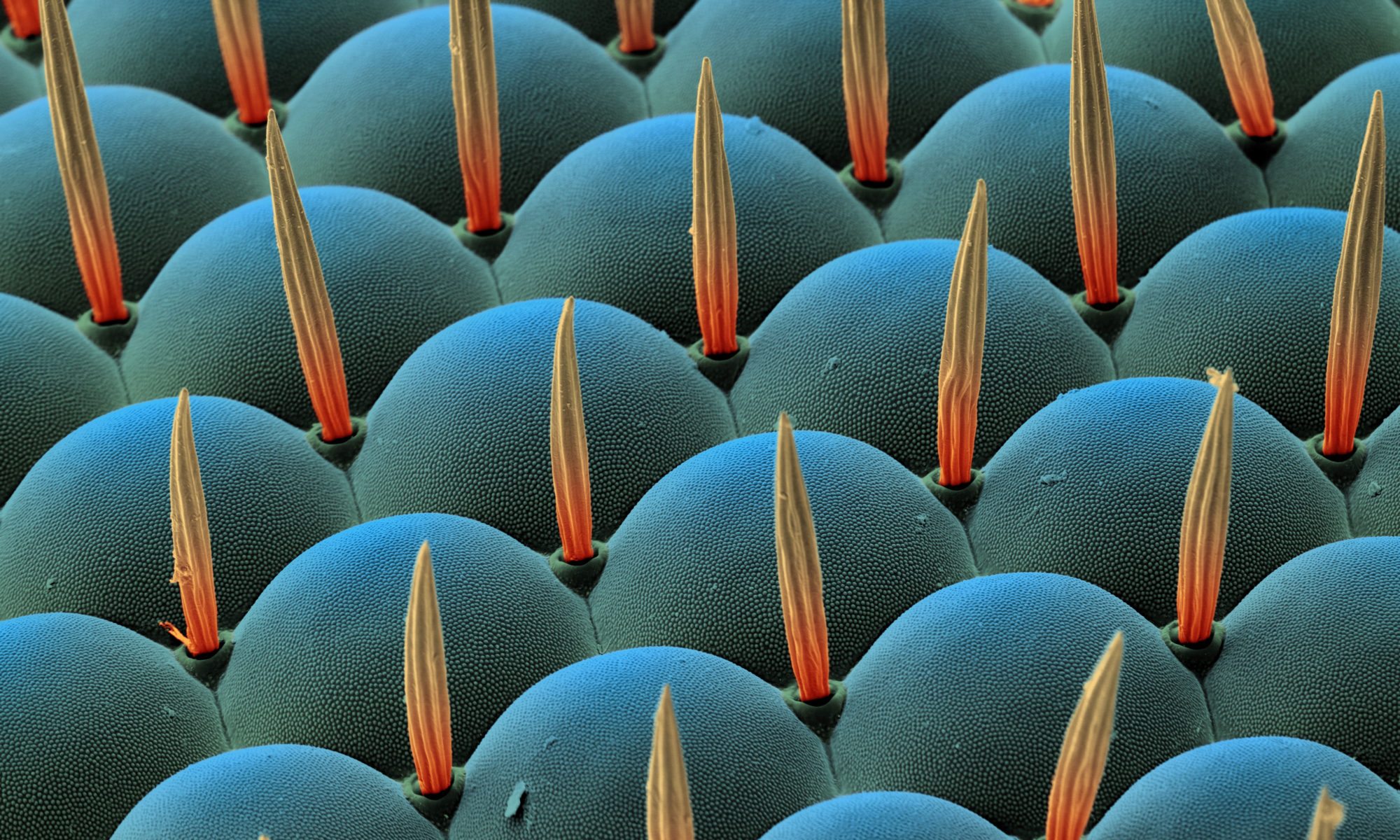Project: Cascade reaction in giant vesicles
In the first step the formation of giant vesicles with different block polymers has to be established and optimized. It includes the formation of double emulsion droplets with a microfluidic device to from giant polymersomes, similar to the work already published by Weitz et al.1–4 and the further dewetting process3. There are some informative reviews for further information about droplet microfluidics5–7. During the project, there is also the room for new creative ideas for microfluidic devices.
In a second step, the aim is to encapsulate enzymes into the giant polymersomes or other polymersomes/liposomes to get compartmentalized vesicles, as well as the insertion of membrane protein into the artificial polymer membrane to from different kinds of nanoreactors. The applications are broad, as for example in the field of medical application, energy storage, artificial cells as model system or in material science etc. The direction of the project can be chosen in agreement with your supervisor.
- Choi, C. H. et al. Triple Emulsion Drops with An Ultrathin Water Layer: High Encapsulation Efficiency and Enhanced Cargo Retention in Microcapsules. Adv. Mater. 28, 3340–3344 (2016).
- Adams, L. L. a. et al. Single step emulsification for the generation of multi-component double emulsions. Soft Matter 8, 10719 (2012).
- Shum, H. C. et al. Dewetting-induced membrane formation by adhesion of amphiphile-laden interfaces. J. Am. Chem. Soc. 133, 4420–4426 (2011).
- Kim, S.-H. et al. Formation of polymersomes with double bilayers templated by quadruple emulsions. Lab Chip 13, 1351–6 (2013).
- Shah, R. K. et al. Designer emulsions using microfluidics. Mater. Today 11, 18–27 (2008).
- Datta, S. S. et al. 25th Anniversary Article: Double Emulsion Templated Solid Microcapsules: Mechanics And Controlled Release. Adv. Mater. 26, 2205–2218 (2014).
- Martino, C. & DeMello, A. J. Droplet-based microfluidics for artificial cell generation: a brief review. Interface Focus 6, 20160011 (2016).
For applications please contact Wolfgang.Meier@unibas.ch
